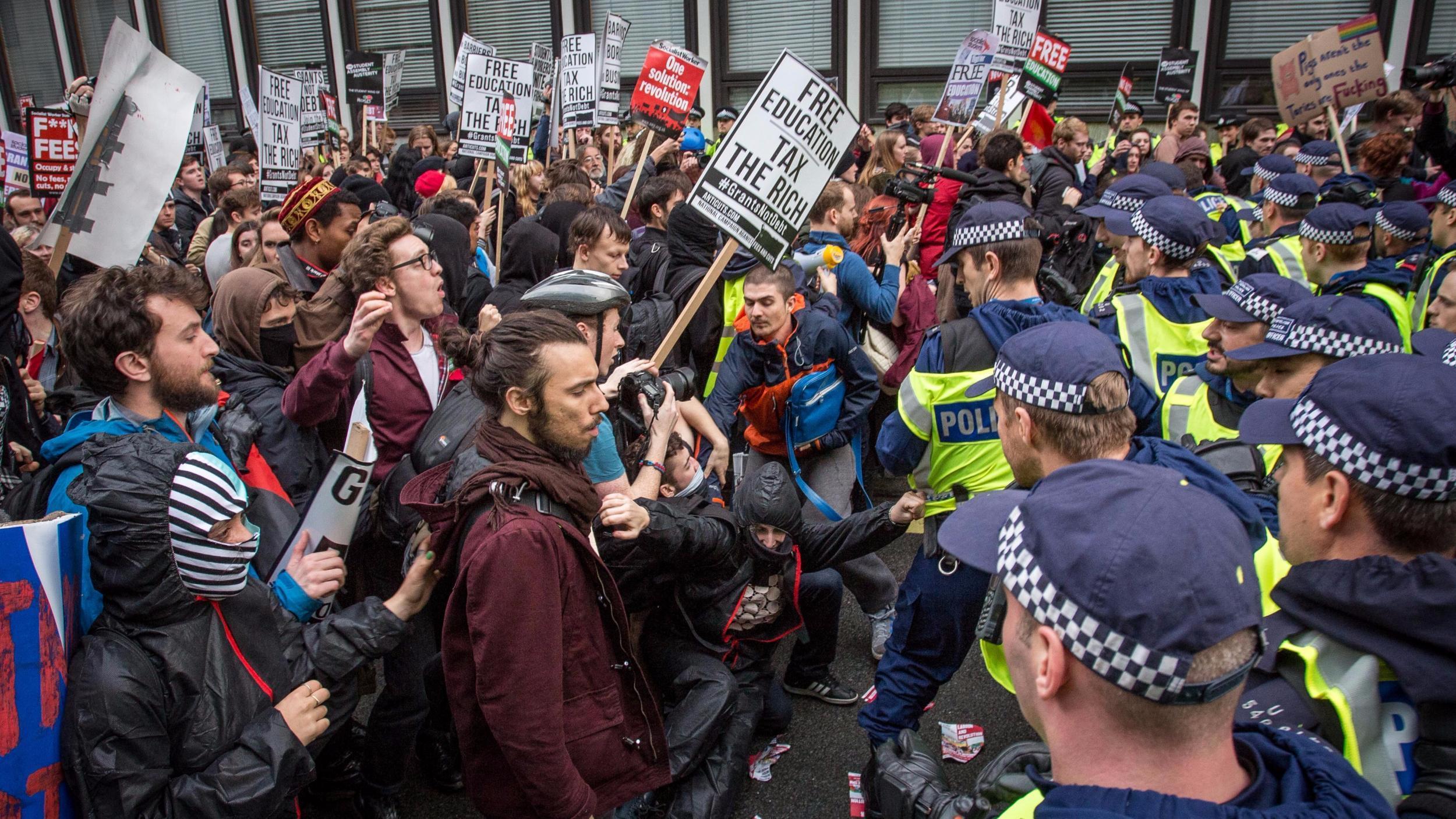Only 28% of recent graduates have been eligible to start repaying their student loans
Not enough graduates have reached the repayment threshold after university, resting them under 'a permanent cloud of debt'

Fewer than 28 per cent of recent graduates - the first batch to have paid up to £9,000 in fees - have started paying back their loans, meaning most are at risk of being put under financial pressure for life because they’re stuck in low-paying jobs.
According to new data from the Higher Education Statistics Agency (Hesa), as collated by Vouchercloud as part of an investigation into student spending and finances, figures show that, with an average salary of £21,000, only half of the most recent cohort of graduates who entered full-time work immediately after their studies are paying any money back on their loan.
With many of 2015’s graduates still unemployed, working part-time, or continuing their studies, this leaves fewer than three in ten graduates, in total, earning enough to repay their student loan, the threshold for which is set at £21,000.
The news has come weeks after the Hesa data showed over 50,000 new graduates to be in non-graduate jobs - including lollipop ladies, factory workers, and hospital porters - leading experts to question the value of costly university degrees in the Brexit climate.
The cap on tuition fees was lifted to £9,000 in 2012, with the benchmark for starting to repay loans rising from £17,495 to £21,000. Those who were undergraduates for three years completed their studies last summer, and have been eligible to make repayments as of April 2016.
Currently, some 75 per cent of universities charge the full £9,000 fees but, with the news this week that fees are increasing beyond this, many students are at risk of being left with their loan for even longer, particularly if they are paying off nothing or very little early on in their careers.
Government ministers themselves were seen to be questioning whether £9,000 tuition fee costs at some of the UK’s top universities could be justified given the “quality and intensity of teaching,” according to a leaked image of a private memo.
Paying back student loans looks set to become even more challenging since the Government froze the repayment threshold at £21,000 until at least 2020, despite originally promising to increase it with inflation. The move means more than two million graduates are being forced to pay back more than they had signed up for at the time they took their loan out, something MPs heavily criticised in a parliamentary debate.
Consumer champion Martin Lewis, who has been fighting the retrospective loan hike, said the tuition fee rise is worrying for the continued potential impact it may have on those from a background with no history of going to university.
He said: “Most people will not pay more because of the increase in tuition fees. This is because repayments are set at nine per cent of everything earned above £21,000, meaning most people do not already repay what they borrowed plus interest in full over the 30 years before their loan wipes. Only very high earners - those on starting salaries of roughly £40,000 and above inflation rate pay rises - will actually see the amount they pay in total increase because of this rise.
“The sooner we change the name of this finance from the misnomer of ‘student loans’ into the more realistic ‘graduate contribution’, the sooner we stop risking scaring many people who should be going to university off going to university for the wrong reasons.”
Chris Johnson, head of affiliate operations at Vouchercloud, said: “There was a suspicion, in among the initial uproar, that almost the majority of students would not be paying off the entirety of their loan in their working lifetime when these changes kicked in. However, it’s still surprising to see just how few students have hit the threshold straight out of university.
“With stats from Hesa last year showing over 60,000 graduates were working non-professional roles after they graduated - and with similar numbers this year - there are many students who eventually could end up paying a fraction of the total cost of their degree, putting financial pressure on them for life, and resting them under a permanent cloud of debt.”
For more information on how Vouchercloud calculated its information please visit the site
Subscribe to Independent Premium to bookmark this article
Want to bookmark your favourite articles and stories to read or reference later? Start your Independent Premium subscription today.

Join our commenting forum
Join thought-provoking conversations, follow other Independent readers and see their replies